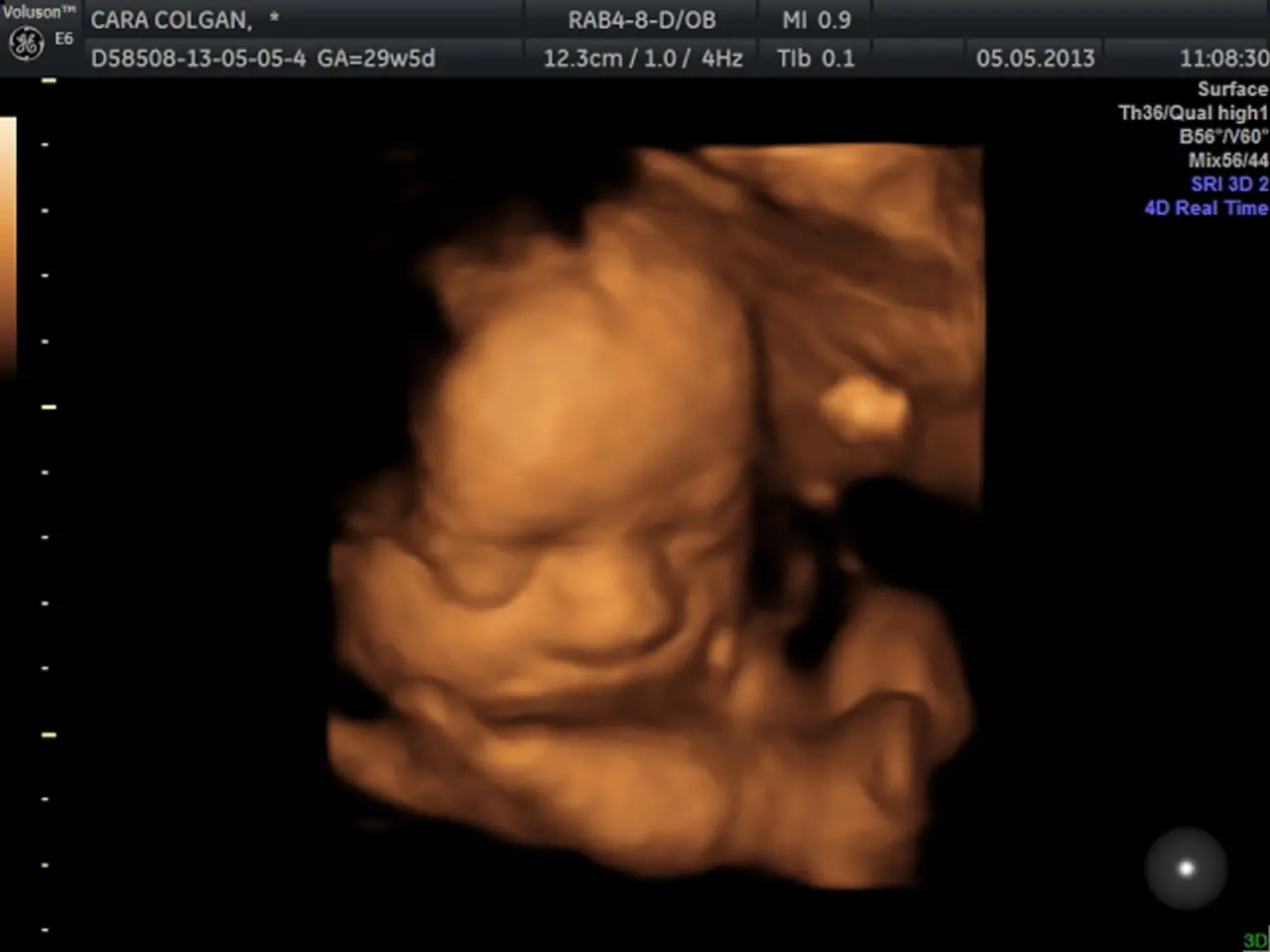Greeting the Emergence of Generation Beta, spanning the years 2025 to 2039
In the dawn of 2025, a new generation was born, christened Generation Beta. Born between 2025 and 2039, this cohort is expected to have distinctive characteristics and impact shaped by emerging technologies, demographics, parental influences, challenges, and opportunities.
This generation will grow up in a world deeply integrated with artificial intelligence (AI), sustainability, and global connectivity, making these technologies foundational to their lifestyle and education. They will experience early exposure to advanced digital tools, including generative artificial intelligence in learning environments, which will influence how they accept and adapt to new technologies.
Generation Beta is anticipated to be the first truly "digital native" generation, completely raised amid the widespread deployment of 5G, cloud computing, and the Internet of Things (IoT), fueling an environment of constant technological innovation.
Demographically, Gen Beta is expected to be highly diverse and will grow up in an era emphasizing inclusivity, curiosity, and societal acceptance, continuing trends from Generation Alpha. Following Gen Alpha—which is projected to be the largest generation with over 2 billion people—Gen Beta will likely be similarly large and globally connected, influencing global markets and culture on a massive scale.
Parents of Gen Beta will mostly be millennials who are already raising Gen Alpha children in digitally immersive and family-connected environments. This parental generation emphasizes strong family bonds and values digital fluency, likely fostering Gen Beta's early and skilled interaction with technology.
While Gen Beta will have vast opportunities, they will face challenges related to rapid technological change and its implications, including ethical concerns about AI and data privacy. Globally, disparities in digital infrastructure and AI adoption—as seen in different regions today—may create uneven opportunities for parts of this generation, with advanced regions like the UAE and Saudi Arabia pushing ahead faster than others.
Social and environmental challenges such as sustainability will also be pressing issues for Gen Beta, impacting their education and values. However, the integration of AI and technology in education and daily life presents enormous potential for personalized learning and innovation.
Growing up in an era prioritizing sustainability and global awareness, Gen Beta could become the most socially and environmentally conscious generation to date. Advances in software and digital services—especially with the growth of beta testing and agile technological frameworks—will provide vast career and entrepreneurial opportunities in tech-driven markets.
It is important to remember that the label "Generation Beta" does not define the generation completely. Many children of Generation Beta are expected to live well into the 22nd century, reshaping the world in ways we can only begin to imagine. The true impact of Generation Beta will be seen in the coming decades as they grow, learn, and take leadership roles.
In conclusion, Generation Beta will be a tech-savvy, globally connected, and diversity-valuing cohort raised by digitally proficient parents. They will navigate significant technological advancements and societal changes while facing challenges linked to ethical AI use, sustainability, and regional digital divides. Their upbringing in this dynamic environment offers the potential for unprecedented innovation and social impact.
This generation, Generation Beta, will grow up with technology deeply integrated into various aspects of their lives, including healthcare, education, and self-development. The rise of AI and advanced digital tools will lead to early exposure to generative AI in learning environments, thereby shaping their acceptance and adaptability to emerging technologies. As they mature, they will encounter opportunities and challenges in tech-driven fields, such as personalized learning, sustainability, and ethical AI usage, preparing them for careers in those areas.




